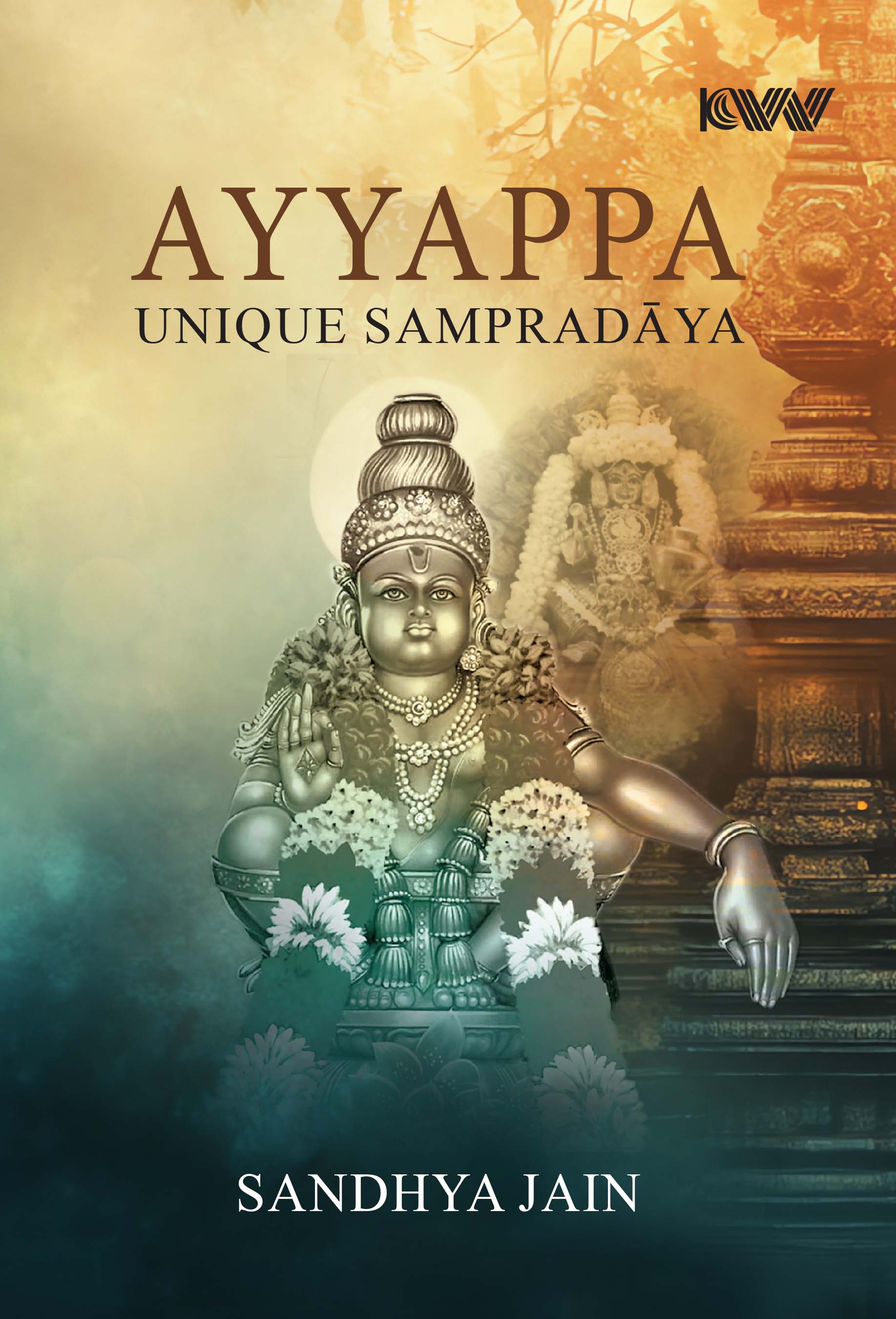Subjects
Ayyappa: Unique Sampradaya
Sandhya Jain
Ayyappa lives in Sabarimala in yogic contemplation and splendid isolation with few chosen companions. Uniquely, there are no daily prayers in His shrine, and as the deity has manifested as a 'Naistika Brahmachari', there are certain restrictions on female devotees. This special characteristic of the deity has been dubbed as misogyny by those who do not understand this incarnation.
Ayyappa is a rare expression of divinity and constitutes a unique and independent Sampradaya that does not fit any of the major streams of Hindu spiritual consciousness. His uncommon 41-day vrtam prepares pilgrims to withstand His immense power and establishes the denominational nature of His temple. These austerities stretch beyond a normal menstrual cycle, and the #WillingToWait movement by women devotees proves that only mature women undertake the pilgrimage.
The present work submits that the Supreme Court of India must consider whether the definition of ‘religion’ in the Constitution of India does justice to the complexity of Sanatana Dharma. The verdict of the Shirur Mutt case entrenched judicial intervention in the internal affairs of Hindu temples and must be overturned as it embeds definitions listed in the Irish Constitution of 1937 as the yardstick to which Hindu sampradaya-s must conform in order to enjoy rights under the Constitution. This virtual judicial Canon denies justice to unorthodox manifestations of divinity. The Sabarimala temple is a case in point.


 Political Science
Political Science
